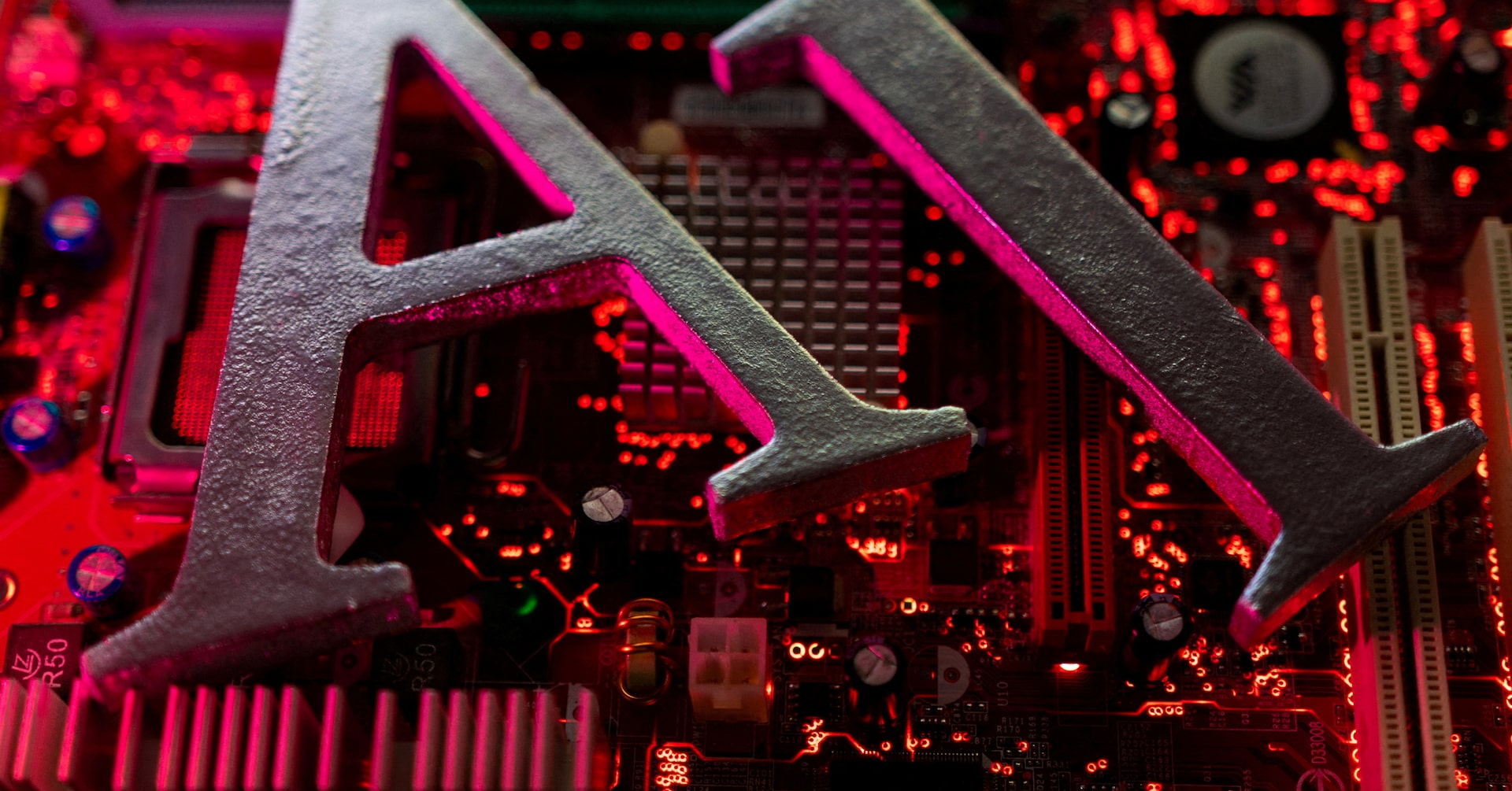
Despite unemployment near historic lows, a Reuters Ipsos poll of 4,446 U S adults finds a striking 71 percent of Americans fear artificial intelligence could permanently displace large numbers of workers. The survey, conducted in August 2025 with a margin of error of about two percentage points, highlights growing public concern about the impact of AI on employment and the future of work.
The timing of the poll is notable. Current job market indicators show relative stability, yet public anxiety centers on the long term implications of automation and AI driven change. Unlike earlier waves of automation that focused on manual tasks, modern AI now threatens cognitive and knowledge work as well, fueling worry about white collar job automation and broader workforce transformation.
The poll adds urgency to debates about AI regulation and AI ethics. Policymakers face pressure to move beyond traditional safety nets and consider proactive strategies. Ideas under discussion include expanded retraining programs for displaced workers, education initiatives focused on future of work skills, and new social safety nets designed for AI driven economic shifts.
For business leaders, transparency about how AI will augment rather than replace employees can help rebuild trust. Companies that invest in retraining for AI jobs and clearly communicate workforce plans may have an advantage in recruitment and retention as public concern grows.
With high levels of worry about AI enabled political manipulation, the need for safeguards against deepfakes is clear. Strengthening authentication tools, increasing content transparency, and creating regulatory standards around AI generated media are all potential responses that could reduce fear and protect democratic institutions.
Addressing AI unemployment and the impact of AI on employment requires coordinated action. Effective responses include expanded access to retraining programs, partnerships between industry and education providers, and targeted support for sectors most vulnerable to automation. Public sentiment shows demand for solutions that go beyond short term fixes and prepare workers for lasting change.
The Reuters Ipsos poll makes one thing clear: technological optimism alone will not erase public concern. With 71 percent of Americans fearing permanent job displacement and 77 percent worried about political manipulation, leaders must prioritize AI regulation, ethical standards, and robust retraining programs to manage the transition and protect both workers and civic life. The conversation is no longer only about innovation; it is about ensuring the benefits of automation reach the broad population while minimizing harm.



